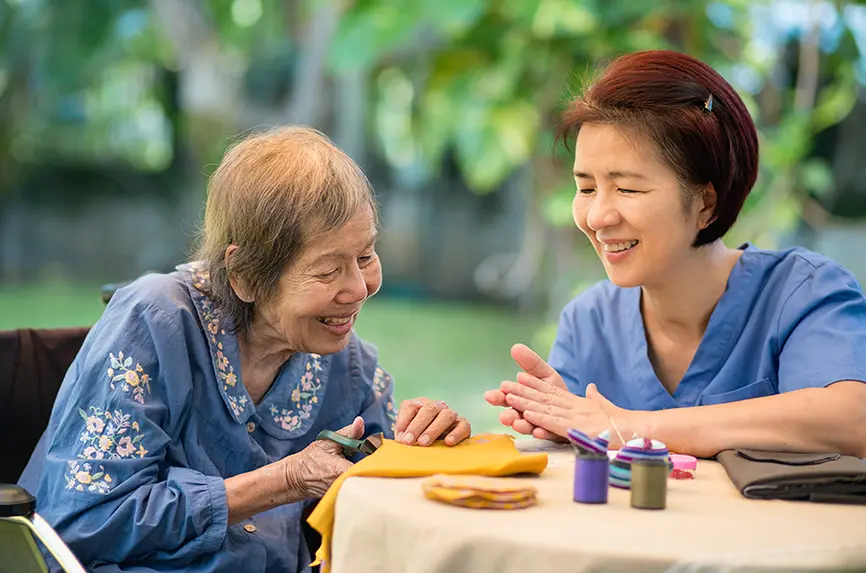Hastings Center Report
Implicit Narratives in Participatory Arts Collaborations with People with Lived Experiences of Dementia
Abstract: Over the past decade, participatory arts programs for people with lived experience of dementia have expanded in scale, number, and approach, both in North America and the United Kingdom. This narrative analysis considers how participatory arts programs and practices generate implicit narratives about what it means to live with dementia and about the value and meaning of arts and creativity to human experience. Using as examples several large-scale, multiyear, community-engaged, co-creative projects, I argue that these projects and others like them (a) shift cultural imaginaries of dementia through implicit narratives that construct lived experience as a legitimate form of knowledge, (b) uphold creativity as a universal quality, and (c) reimagine health and well-being discourses to include understandings of well-being that include ill-being. The projects construct implicit narratives about what living with dementia means—shifting away from notions of dementia as pathology and loss toward understandings of dementia that include creative potential, citizenship, and new conceptualizations of well-being.

